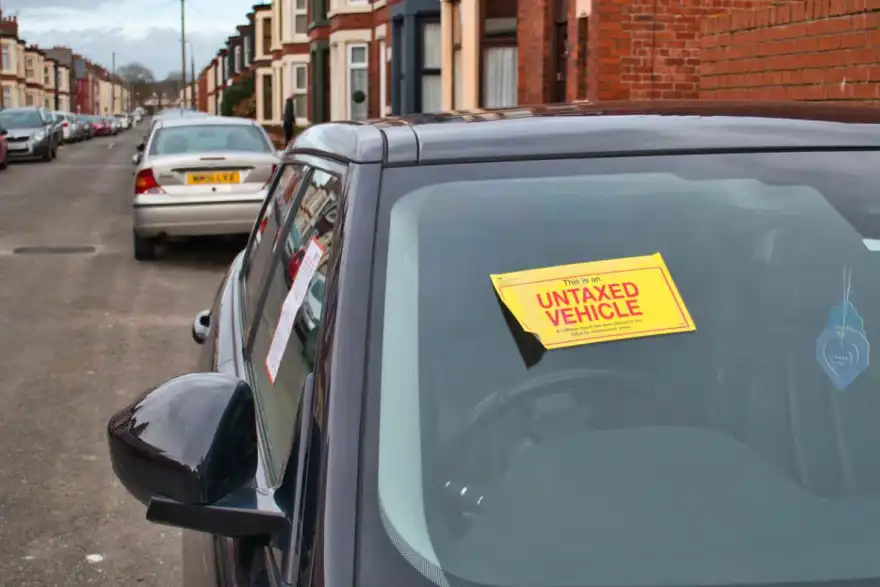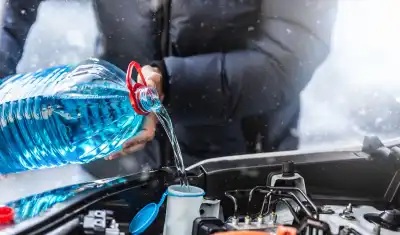
Motorists have been warned about a growing DVLA car tax scam affecting drivers across the UK. Criminals are tricking people into making car tax payments to fraudulent websites that appear to be legitimate.
Shetland Islands Council issued the warning after receiving multiple reports from drivers who were contacted by scammers claiming to be the DVLA. The scam usually starts with an email claiming the recipient’s car tax is overdue, threatening serious consequences unless payment is made.
The email includes a link to a fake website that looks like the official DVLA site, where drivers are prompted to enter payment details. If you think you've been targeted, check your vehicle's tax status directly on the official DVLA website.
Anyone who suspects they’ve received a scam email should report it to Trading Standards or Police Scotland. Last year, Action Fraud received 1,186 reports in just two weeks about fake DVLA emails stating a vehicle's tax payment had failed.
One driver shared their experience: “I got an official-looking email saying my vehicle tax had expired and needed urgent attention, including a link with payment details. It looked real, but when I checked the sender's email address, it was private. It’s a scam, so delete it immediately. To avoid this, I registered my email with the DVLA for reminders on my road tax and MOT – it’s a free service.”
Another driver mentioned receiving a similar email, even though they hadn’t had a vehicle for years, raising suspicions that it was a scam.
A spokesperson for Action Fraud noted that fraud tends to increase during busy financial periods, with scammers taking advantage of people's stress. They advised everyone to be extra cautious when sharing personal information online and to only use GOV.UK for government services like the DVLA.
Reports show that over 40 million UK adults have fallen victim to scams in the past year. In fact, fraudulent DVLA messages increased by 603% in just three months.
To stay safe, the DVLA recommends reporting suspicious emails to the National Cyber Security Centre. They also warn against sharing personal details, including driving licence images or vehicle documents, and suggest avoiding unofficial websites that claim to connect you to the DVLA.
One person shared, "I got an email from the DVLA about car tax. I checked my tax status on the real website to be sure it was paid. The email is now reported to phishing.gov.uk."
Stay alert, and always verify any communication before acting.




